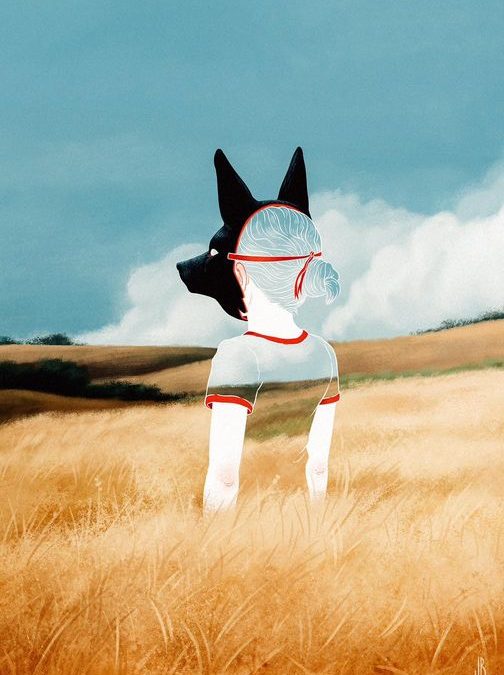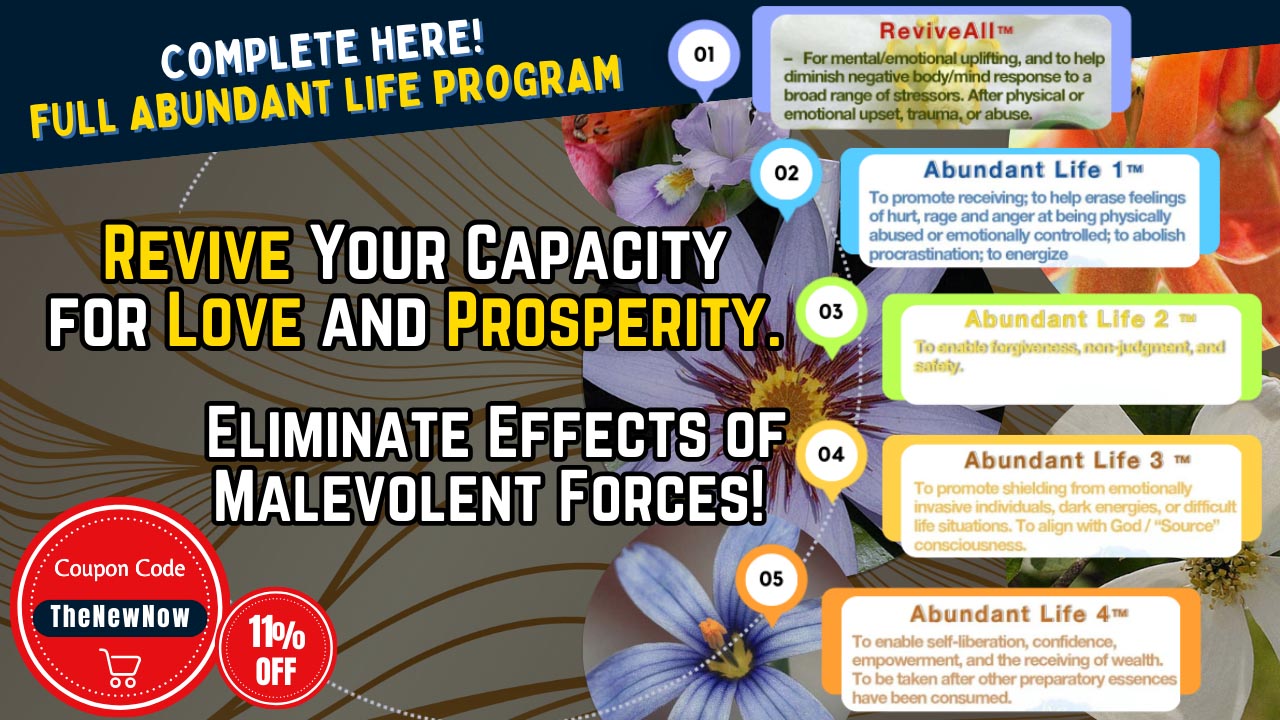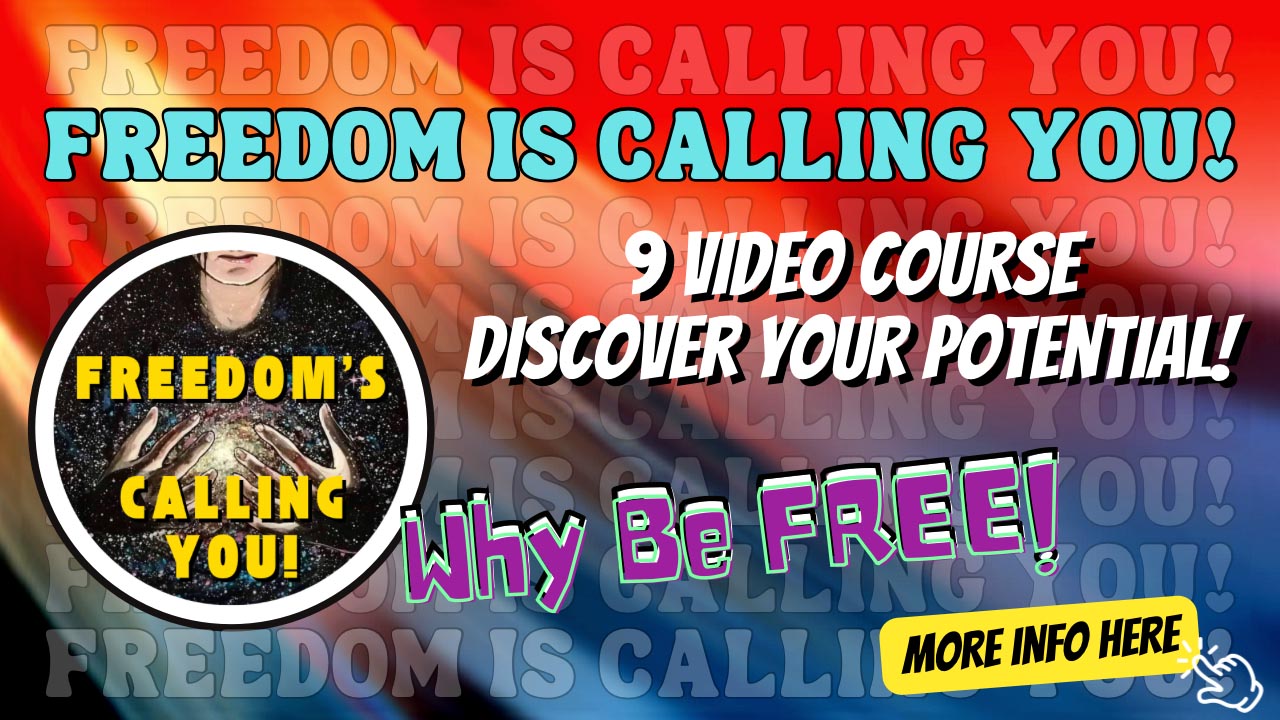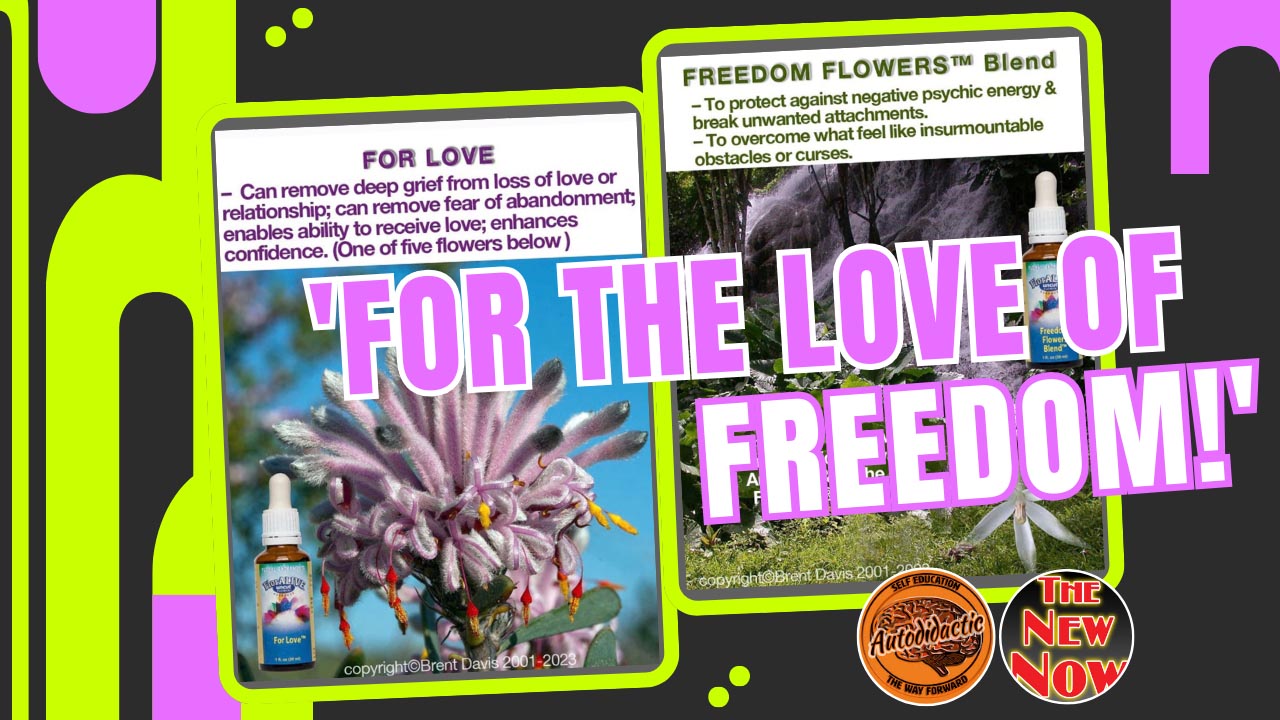On bringing a child into the world:
Earth knows what she is doing
by Charles Eisenstein
This is a recording and partial transcript of an impromptu dialog (mostly me talking though). It was in response to the common reluctance of young people to want to have babies. Seeing what kind of times lie ahead, they wonder, Why should I bring a child into the world?
The recording starts in mid-sentence… sorry about that. The transcript is for the first part, on the topic of bringing children into the world, and the despair that comes from believing humanity is nature’s big mistake.
/subtack-interview-audios/s-2Ny2h9IXskc&si=26fb5e73fffd4e0aa6da28eab2da63c4&utm_source=clipboard&utm_medium=text&utm_campaign=social_sharing
Transcript:
Someone posed the following question to me once at a Q&A: “You owe everyone in this room an apology for selfishly having four children who will consume resources for the next 90 years. What’s your justification?”
I said, “I don’t have a justification. I didn’t do it out of a calculation.”
I don’t remember everything I said, but here is what I would say now. Part of it comes from recognizing what the purpose of a human being is, and that a human being even has a purpose.
When you don’t understand what the purpose of a human being is, then it looks like we’re just a burden on the planet. But actually, the purpose of a human being is to contribute to life and beauty on Earth, and its further unfoldment, which is what all species are here to do. That’s why in any ecosystem, if you remove a species — it’s not like the the deer are better off when you remove the wolves, or the plankton is better off when you kill the whales. It’s the opposite. And when you add a new species, when a new species is born, then ecosystem becomes more complex, which is the whole history of the Earth from multicellularity, to flowering plants, which is probably the most recent innovation, mammals, etc, etc. So that’s the purpose of life — to create more life. And the purpose of human beings also, we haven’t found that purpose yet, as a collective, though individual cultures did. But as for the mass of humanity, a mass society, civilization, we have not matured yet into the full enactment of the reason that life is here.
It requires some kind of an initiation to enter adulthood, the adulthood of the species. We’ve been in the childhood of the species, doing as children do — taking and taking and taking from the mother without stint. That’s normal. I don’t want my children to restrain themselves in how much they eat because they’re afraid dad can’t provide enough. A nursing mother doesn’t want the baby to nurse less out of concern that the mother can’t make enough milk, the job of the child is to receive and to grow, and to play.
Play is a discovery of gifts, and a practice of gifts that, upon maturity, get turned toward a creative purpose. So the initiation then for say, a young man, in a traditional society might include an ordeal that brings forth a transcendent part of the being that isn’t just selfish anymore, and that brings forth the understanding of a purpose to serve the whole tribe — the human tribe, but also the tribe of all life on Earth.
We can maybe say that civilization is going through that kind of ordeal right now, with all these crises that are converging upon us. And also coinciding with a new (for civilization) kind of love corresponding to the awakening of romantic love in an adolescent, where unlike the relationship to the mother, you’re no longer just wanting to receive, but you also want to give, you want to give a gift to your sweetie, you want to create together, eventually, maybe make a family together, do something together. Unless one of the partners is so immature that he’s acting like a big baby. But generally speaking, like this is a new phase of love and humanity (I mean civilization) is having intimations of it. We are wanting not just to take from Earth, but also to contribute, to give, to regenerate.
So to return to the question of why do I have four children — if these children understand and are awake to the purpose of a human being, then they will be a gift to the earth. I see my children as my gift to the future. They will be a boon to this planet, they will contribute to life and beauty. Because they’re not here to have it easy, they’re not here to enjoy a perfect world. And this one is so imperfect that, you know, we wouldn’t want to bring them into it. They’re here with hard task, a heroic task, and not in the sense of the hero’s journey hero, but heroic in the sense that you might not even ever get applauded for it, or celebrated for it. Because a lot of what needs to be done is so quiet and humble.
Anybody who has children who is able to impart the next stage of the realization of that purpose is giving a gift to the future.
Also, on another level, maybe a more esoteric level, difficult conditions are necessary for the growth of our capacity to love. Like the one woman whose son was murdered by Hamas, and says in my name, no vengeance, calling instead for peace, or the man whose daughter is kidnapped and held hostage and says no, we have to stop the war. Because, they say, I don’t want any other parent ever to go through this. Like that.
These souls come here, all of us, on purpose to a place that’s hard to love, so that we have to develop capacities. And hard to create beauty. We have to work against something, it’s like a muscle working against resistance, and that’s what strengthens the soul.
I have this have this vision of humanity in a pit. I made a film a short three minute film about how we got into the pit. But then there’s the sequel to it, which I haven’t produced yet. It’s how we get out of the pit. It is the pit of hell. This world is in it now. It’s my inside joke: we’re in the sixth or seventh circle of hell. I think of that when I wonder why we raise children this way in this society? Why do we do childbirth this way? Why do we die this way? Why do we warehouse old people in nursing homes? Why? This whole thing is so fucked up. Why? Well, this is just they way they do it in the seventh circle of hell.
And so how do we get out of the pit? Everybody’s scrambling and trying to climb up the walls, and somebody else grabs onto their ankle to try to climb up onto them, and pulls them down again, and the human condition goes on and on and on cycle after cycle after cycle. We’re like this writhing mass of humanity, trying to get out of hell, trying to better the human condition. And we have never succeeded. We are no better off now than we were in the middle ages, when public torture was normal. We’re no worse off either. It’s just like the forms of the suffering have changed.
So we’re trying to get out. Eventually, we realize that the only way out is to make a human tower. Some people, instead of trying to climb up onto others, they hunker down by the edge of the wall, and the next generation climbs onto their shoulders, and the next one climbs onto their shoulders, up and up and up. It’s also like a race, a long distance relay race. You go as far as you can, you’re exhausted, you stagger and fall. But you push your child out ahead of you, and they run the next leg. You hold your child up, and you become old, and you become become frail, and you can’t do anything anymore, you can’t create much anymore. And your last act of pushing somebody up to the next level of a wall is maybe reading stories to a three year old, when you’re in your rocking chair. You can still do that, and infuse a little bit of love into them, so that they can be stronger in their climb.
And someday they reach a certain point, and can go no farther. But there’s the next generation and the next and we push each other up the wall.
My mother, for example, was an innovator. She was one of the first women at Yale Law School. She was first in a lot of things. It was audacious then for a woman to go to law school back then. Her guidance counselor said, Well, you could be an executive secretary. Today it’s not audacious for women to go to law school, or medical school. More than half the people in medical school are women. But in my mother’s time… for my generation to even think the thoughts we are thinking required bold moves from the previous generation. We stand on their shoulders. And the same for the next generation. My kids are like, Dad doesn’t get it about this, about that, about the other thing. They don’t yet understand where I came from. And so each generation climbs upon the last, and then finally — and maybe it’s your generation — there’s the lip of the cliff! You reach up and you grab a root, and you pull yourself up.
Unfortunately, many of the parents today are pulling their kids down. They’re not trusting them. They’re not giving them the resources. You’re supposed to be pushing them up, and then they grab on, and they pull themselves up into the promised land, and they look around for a bit. Then maybe they put their hand down and pull us up. I feel like my kids do that for m. Then it gets a bit nonlinear, but we heal our ancestors also, in that way.
I’ve been encouraging people to have kids, but it’s a hard thing to do with the amount of despair in the world right now. There are no guarantees. In my parents’ generation and their parents’ generation. pretty much everybody believed that their children would have a better life than they did. It was called progress, and it was the religion of the time.
That’s not happening now, although in a way I think the next generation will have a better life, just not in the terms that a better life has been measured. But in terms of finding meaningful things to do, of having a sense that your life has meaning, that you’re contributing your gifts toward something important, that you are needed, and being part of a community that builds around doing something together, in those terms you will actually have a better life. And if you have another child, life may be even better still. It may be materially less secure, there might be more hardship, but lack of hardship doesn’t make anybody happy.
Tani:
That was beautiful. Thank you.
Charles:
That’s just one storyline. It’s not the whole truth, but it definitely has some truth in it.
Leslie:
I really like the sense that for whatever insecurity we may face, we wont face the kind of meaninglessness people do now. There are increasingly necessary roles to take, not just for fun or to make a living. No, there’s important work to do. And there are more people saying that and sort of pointing the way towards God. And that seems like a really important shift. Interesting, because at least in my age group, I have never seen higher levels of people who have no idea what they’re going to do or want to do or have any sort of desire with their life direction.
Charles:
Yeah, that’s interesting to hear you say that. It’s because we’re in the space between stories. There used to be a story about how to live your life, and how to be a man, how to be a woman, how to do it, get good grades, get a good job, make prudent investments, and so on. Well, that instruction manual no longer provides useful guidance.
And the new structures haven’t emerged yet. You can’t just go find a job that meets the need to do something meaningful. You have to kind of create one.
For our parents it was not the same. You study, you get a PhD, and you’ll get a job and you’ll contribute to the grand project of civilization. There used to be a map.
Tani:
I remember. It was still intact when we were younger,
Leslie:
I was appreciating the first half of what you’re sharing about adversity (before you got to the sixth circle of hell), about adversity just making us stronger. My friend this morning was saying, almost verbatim, the same thing. On a really similar topic. We were in a kind of evolving conversation on the Palestinian-Israeli conflict and how we meet it, how we embrace what is, the war that is. Adversity is here. How do we meet it?
Charles:
If someone doesn’t exercise some restraint, it’s gonna get bad fast.
Tani:
Which leads to the other question that you know, I think in his, in his like, you know, why bring another child into the world? I hear so much — it’s not expressed in this way, because this is not typically the way that most teenagers express themselves — but in his generation, I hear so much despair for the future of the US like, like that they won’t even get to live their lives out before we somehow implode or explode.
Charles:
The planet knows what it’s doing, though. There’s an intelligence to life that is obscured by the reigning ideology that life is just a chemical accident. Gaia knows what she’s doing. It was not an accident that easily accessible mineral deposits are available. It’s not an accident that life spent hundreds of millions of years laying down coil coal and oil, exactly where it was needed to power civilization.
We don’t understand very much. That’s one thing I learned in Taiwan. We don’t understand very much.
Leslie:
Hope you’re right.
Charles:
You know, hope is an interesting word. It can mean wishful thinking, but it can also mean a premonition of a possibility.
I like to invoke a kind of inverse logic that says, “If it were impossible, you wouldn’t be here.” It just wouldn’t make sense for you to be here and care so much, and be willing to express your gifts toward that possibility, if it were not possible. This is a kind of teleologic, a kind of reverse causality, but it feels true to me. There’s some sense that I wouldn’t be here, if it were useless. I wouldn’t have these gifts, if they were for no reason.
It’s like an ecology. It used to be thought that there were some species that were redundant. I remember one example of two different kinds of grass. They originally thought, well, these are completely redundant, they both occupy the same ecosystem niche. Why are there two? What a waste. The ecosystem would be fine with just one of them. But it turns out, that under certain extreme circumstances, one of the grasses does a lot better and helps stabilize the ecosystem. Like if there is a super drought or something. And in some other circumstance, the other grass meets the need.
In ecology, waste is food. The nitrogen that nitrogen fixing bacteria produce doesn’t really help them directly. But it helps a chain of being that circles back to them. I have this filling that just like in ecology, your gifts are for a reason. And to think otherwise is kind of an insult to Gaia, to say, well, humans are just a big mistake. Really? The gifts of our gifts of our hands and our minds — they’re just a big mistake? They were not created, they were not born for the same purpose as every other species. It is a perverse kind of anthropocentrism to say we’re nature’s exception. It’s no different saying we’re better than the rest of life than to say we’re the worst. It’s pretty arrogant to think that we’re nature’s mistake.

Charles Eisenstein




















